In the vast landscape of personal finance books for beginners, navigating through the complexities of budgeting, investing, and saving can be daunting, especially for beginners. Fortunately, numerous books serve as valuable resources, providing practical advice, actionable strategies, and invaluable insights to help individuals embark on their journey toward financial freedom.
Personal Finance Books for Beginners
Whether you’re a recent graduate, a young professional, or simply someone looking to improve your financial literacy, these personal finance books for beginners offer a wealth of knowledge to empower you on your financial path.

1. “The Total Money Makeover” by Dave Ramsey
Synopsis: Dave Ramsey, a renowned financial expert, lays out a comprehensive plan for achieving financial stability and freedom. Through his “Baby Steps” approach, Ramsey guides readers on how to eliminate debt, build an emergency fund, and invest wisely for the future.
Why It’s Essential: “The Total Money Makeover” provides a clear roadmap for individuals struggling with debt and financial mismanagement. Ramsey’s straightforward advice and motivational tone make this book a must-read for anyone seeking to take control of their finances.
2. “Rich Dad, Poor Dad” by Robert T. Kiyosaki
Synopsis: In this groundbreaking book, Robert Kiyosaki shares the contrasting financial philosophies imparted by his “rich dad” and “poor dad.” Through anecdotal storytelling, Kiyosaki challenges conventional wisdom and advocates for financial education as the key to wealth creation.
Why It’s Essential: “Rich Dad, Poor Dad” offers a fresh perspective on money and investing, urging readers to think critically about their financial decisions. Kiyosaki’s insights on assets versus liabilities and the importance of financial independence resonate deeply with readers worldwide.
3. “The Millionaire Next Door” by Thomas J. Stanley and William D. Danko
Synopsis: Through extensive research, Stanley and Danko uncover the common traits and habits of America’s millionaires. Contrary to popular belief, they reveal that most millionaires live frugally, prioritize saving, and invest wisely to accumulate wealth over time.
Why It’s Essential: “The Millionaire Next Door” dispels common myths about wealth and offers practical advice on building financial independence. By highlighting the importance of living below one’s means and adopting a disciplined approach to money management, this book provides invaluable lessons for readers at any stage of their financial journey.
4. “The Intelligent Investor” by Benjamin Graham
Synopsis: Regarded as a timeless classic in the world of investing, “The Intelligent Investor” by Benjamin Graham lays out the principles of value investing. Graham’s teachings emphasize the importance of thorough research, patience, and emotional discipline in achieving investment success.
Why It’s Essential: For beginners venturing into the world of investing, “The Intelligent Investor” serves as an indispensable guide. Graham’s insights on market behavior, risk management, and the psychology of investing provide a solid foundation for making informed financial decisions.

5. “Your Money or Your Life” by Vicki Robin and Joe Dominguez
Synopsis: “Your Money or Your Life” challenges readers to reconsider their relationship with money and prioritize what truly matters in life. Through a nine-step program, Robin and Dominguez guide readers on how to achieve financial independence and align their spending with their values.
Why It’s Essential: This transformative book offers a holistic approach to personal finance, focusing on the intersection of money and happiness. By encouraging readers to evaluate the true cost of their spending in terms of life energy, “Your Money or Your Life” empowers individuals to make conscious choices that lead to greater fulfillment and financial security.
6. “I Will Teach You to Be Rich” by Ramit Sethi
Synopsis: Ramit Sethi provides a six-week program designed to help readers automate their finances, eliminate debt, and build wealth. Sethi’s practical advice is tailored for millennials, addressing common financial challenges and offering actionable steps for financial success.
Why It’s Essential: “I Will Teach You to Be Rich” combines practical tips with a conversational tone, making complex financial concepts accessible and engaging. Sethi’s emphasis on automation and mindful spending resonates with readers seeking to streamline their financial lives.
7. “The Simple Path to Wealth” by JL Collins
Synopsis: Originally written as a series of letters to his daughter, JL Collins’ book simplifies the path to financial independence. Collins discusses the power of index fund investing, the importance of a high savings rate, and the virtues of financial simplicity.
Why It’s Essential: “The Simple Path to Wealth” demystifies investing and provides a clear, actionable strategy for building wealth. Collins’ straightforward advice and relatable anecdotes make this book an excellent starting point for beginners.
8. “Broke Millennial” by Erin Lowry
Synopsis: Erin Lowry addresses the unique financial challenges faced by millennials, from student loans to navigating the gig economy. Through personal stories and practical advice, Lowry guides readers on how to take control of their finances and build a solid financial foundation.
Why It’s Essential: “Broke Millennial” speaks directly to the millennial generation, offering relatable insights and actionable steps for overcoming financial obstacles. Lowry’s approachable writing style and real-life examples make this book a valuable resource for young adults.
9. “The Psychology of Money” by Morgan Housel
Synopsis: Morgan Housel explores the behavioral aspects of personal finance, emphasizing the psychological factors that influence financial decisions. Through a series of short, thought-provoking essays, Housel delves into topics such as risk, wealth, and financial independence.
Why It’s Essential: “The Psychology of Money” provides a unique perspective on personal finance, highlighting the importance of understanding one’s financial behavior. Housel’s engaging storytelling and insightful observations make this book a compelling read for anyone looking to improve their financial mindset.
10. “Financial Freedom” by Grant Sabatier
Synopsis: Grant Sabatier shares his journey from being broke to becoming financially independent in just five years. His book offers a step-by-step plan for achieving financial freedom, covering topics such as side hustles, investing, and maximizing income.
Why It’s Essential: “Financial Freedom” serves as both an inspirational memoir and a practical guide for those aspiring to achieve financial independence. Sabatier’s personal experiences and actionable advice provide a motivating blueprint for readers seeking to transform their financial lives.
Conclusion: Personal Finance Books for Beginners
Embarking on the journey to financial literacy can be overwhelming, but the right resources can make all the difference. These personal finance books for beginners offer a wealth of knowledge, practical strategies, and inspirational insights to help you take control of your finances and build a secure financial future. Whether you’re looking to eliminate debt, start investing, or achieve financial independence, these books provide the guidance and motivation you need to succeed.
FAQs About Personal Finance Books for Beginners
1. How do I choose the right personal finance book for me? Choosing the right personal finance book depends on your specific financial goals and interests. Consider books that align with your current knowledge level and address areas where you seek improvement. Reading reviews and recommendations can also help narrow down your options.
2. I’m overwhelmed by my financial situation. Where should I start? If you’re feeling overwhelmed by your financial situation, start by taking small steps towards improvement. Begin by creating a budget to track your income and expenses, then prioritize paying off high-interest debt. Consider seeking guidance from a financial advisor or counselor for personalized assistance.
3. Are personal finance books worth the investment? Yes, personal finance books are worth the investment, as they provide valuable knowledge and insights that can positively impact your financial future. Even a single actionable idea or mindset shift gained from a book can lead to significant long-term benefits.
4. How can I make the most of the lessons learned from personal finance books? To make the most of the lessons learned from personal finance books, take a proactive approach and apply them in your daily life. Set specific goals based on the principles outlined in the book, and track your progress regularly. Additionally, consider joining online forums or book clubs to discuss ideas and share experiences with like-minded individuals.
5. Are there any other resources besides books that can help improve financial literacy? In addition to books, there are various resources available to improve financial literacy, including podcasts, online courses, and educational websites. Explore different mediums to find the ones that resonate with your learning style and preferences. Additionally, consider attending workshops or seminars hosted by financial experts in your community.
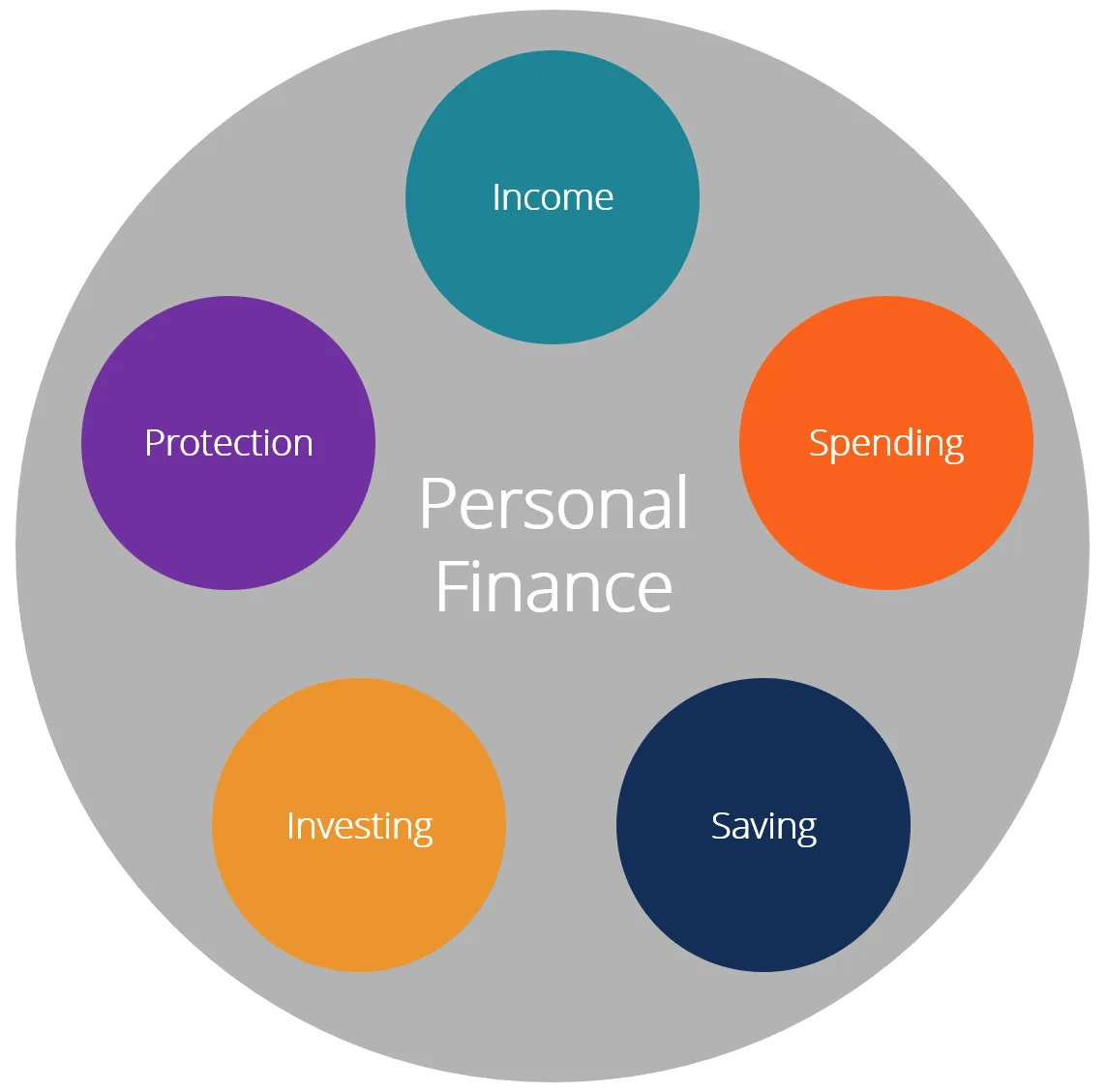
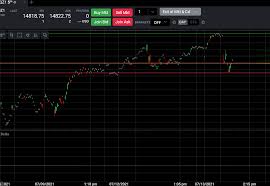
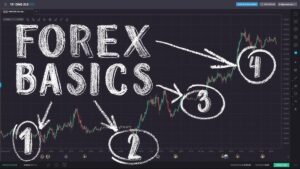
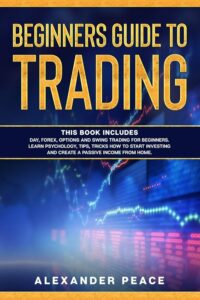



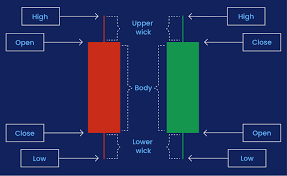

excellent job
Excellent web site. Plenty of useful information here. I am sending it to some friends ans also sharing in delicious. And obviously, thanks for your effort!
I simply could not leave your website prior to suggesting that I extremely loved the standard information an individual provide to your visitors? Is going to be back ceaselessly to check out new posts